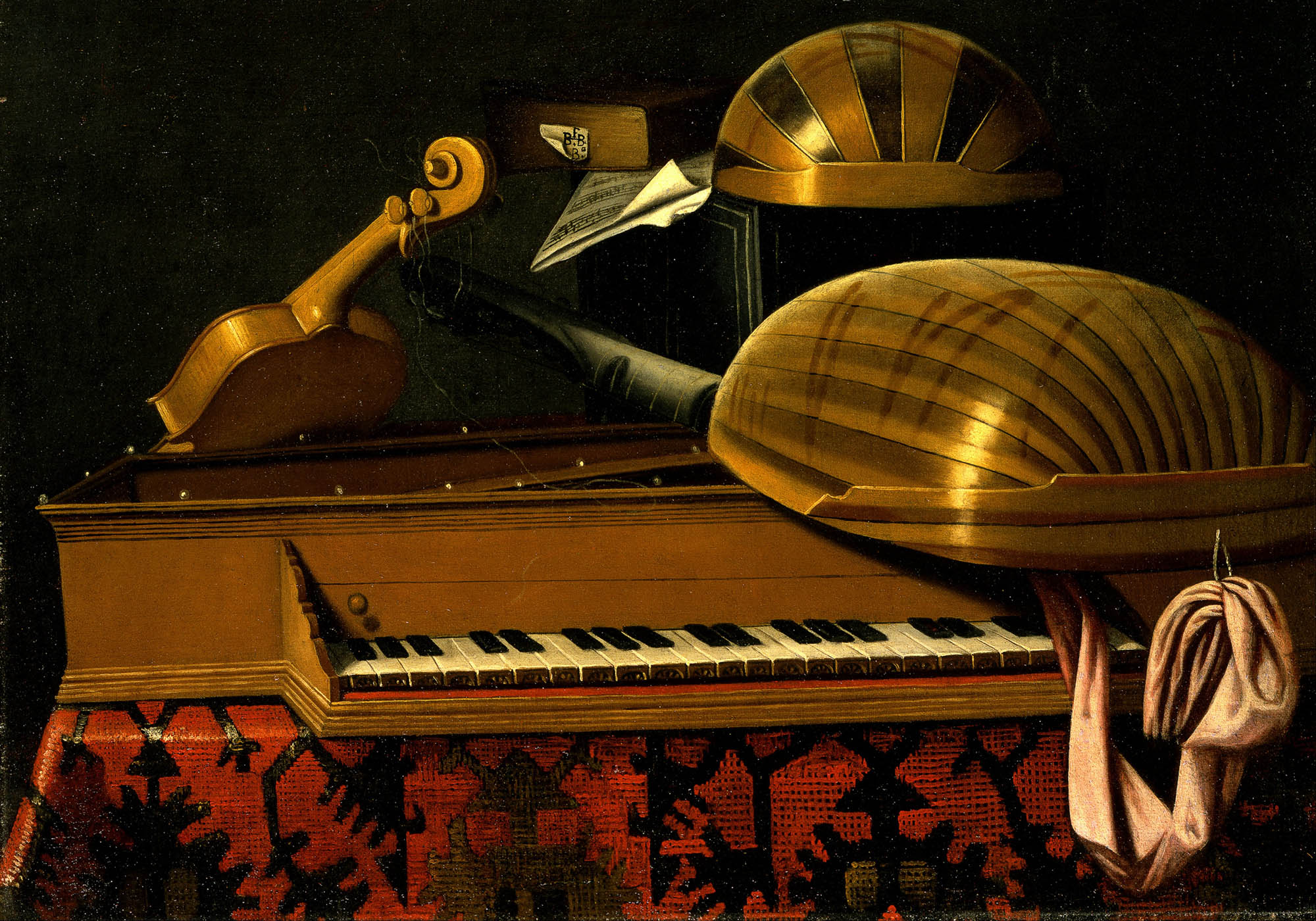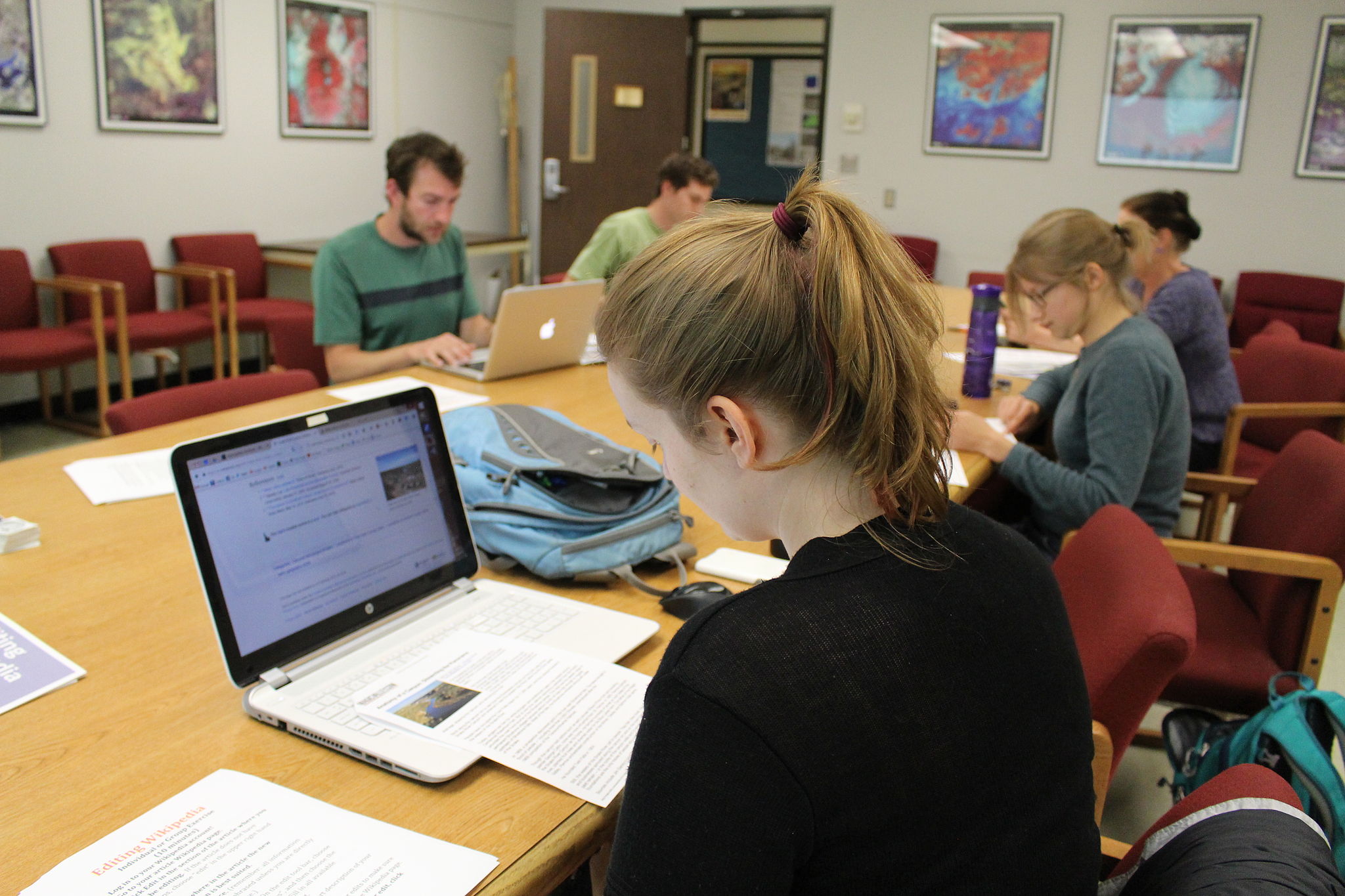 March 25, 2016
March 25, 2016
 March 25, 2016
March 25, 2016
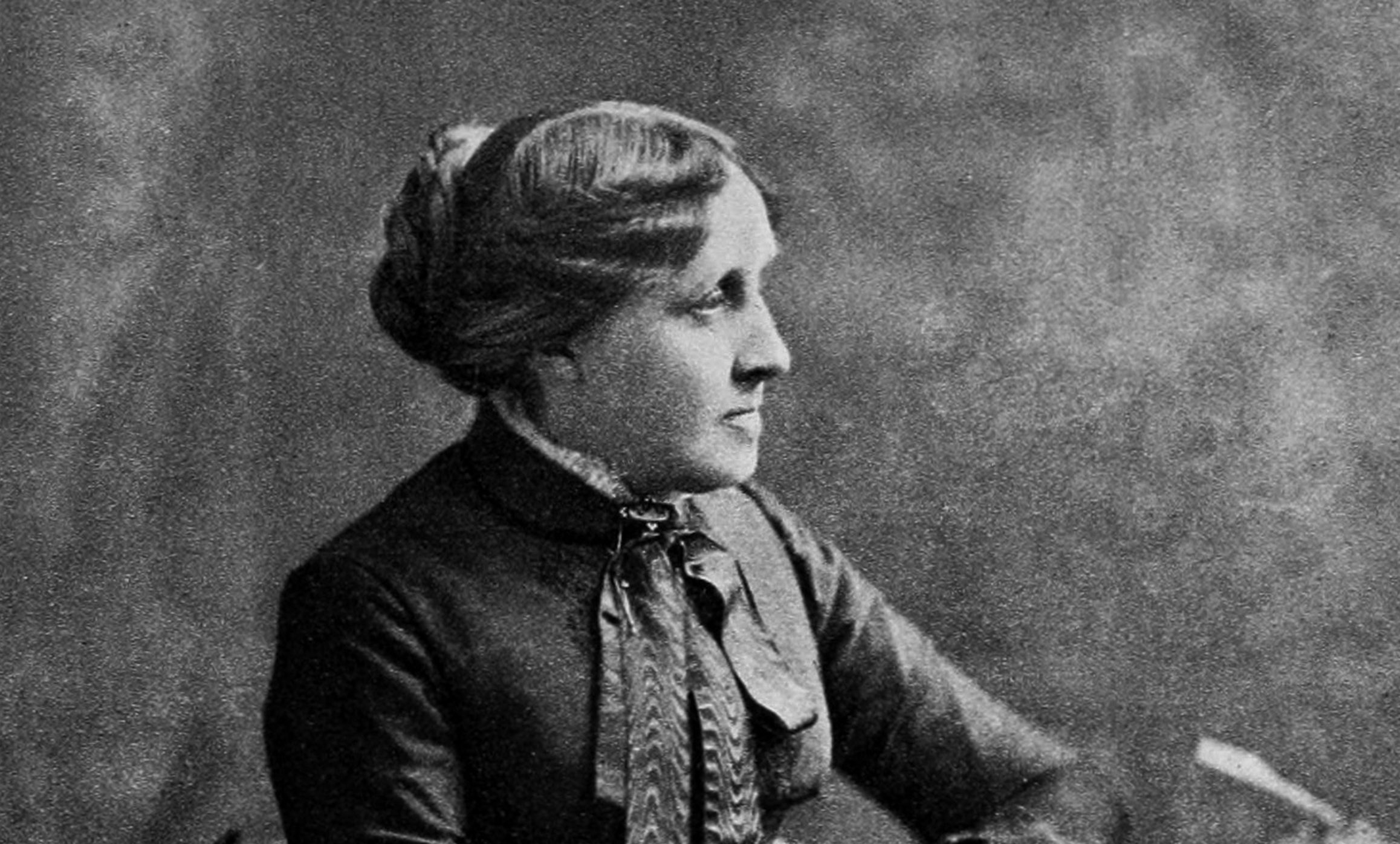 February 17, 2016
February 17, 2016
Wikipedia for teaching new literacies in writing
Read More... February 5, 2016
February 5, 2016
Looking back at the Classroom Program in 2015
Read More...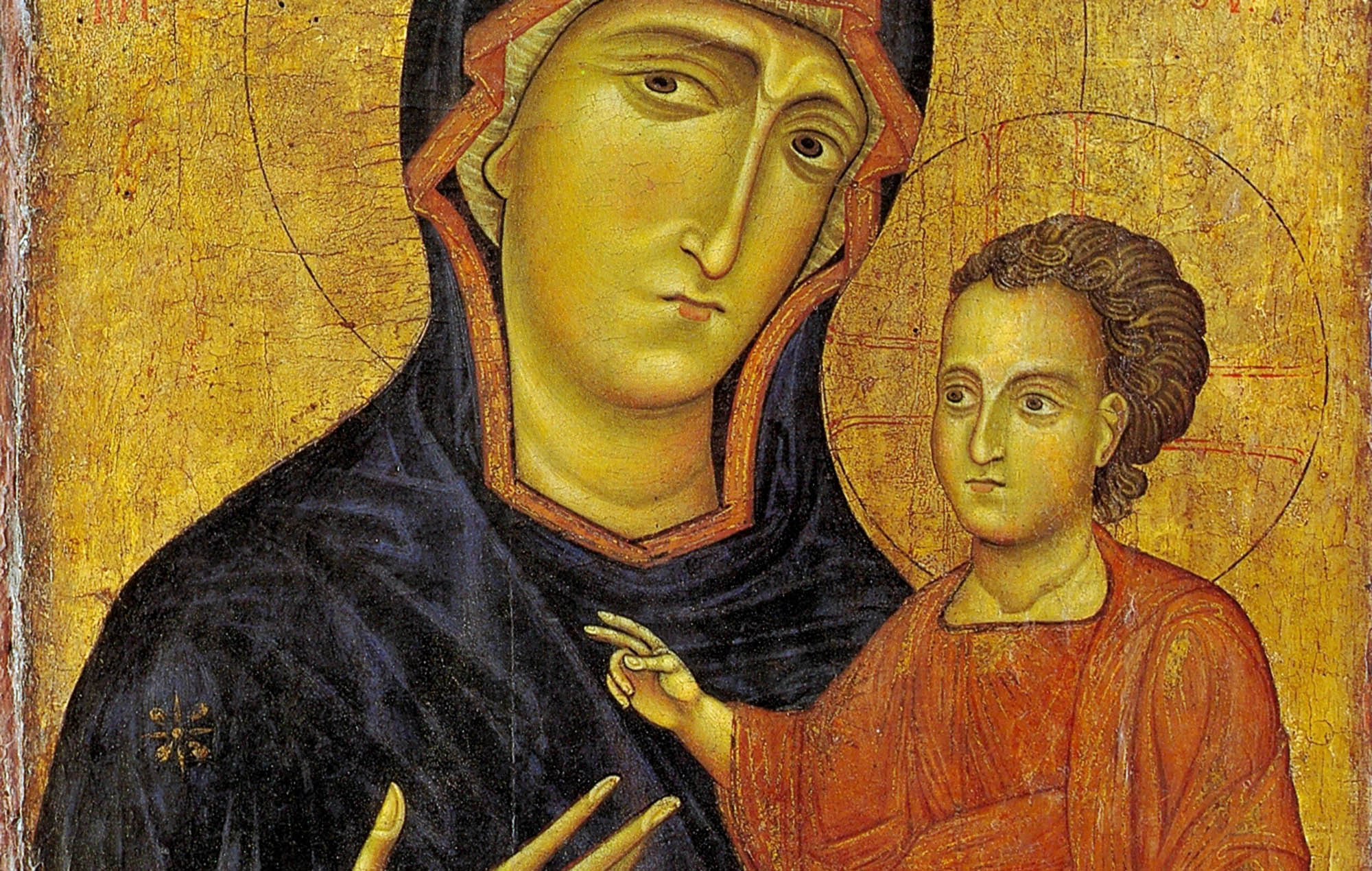 January 27, 2016
January 27, 2016
Writing art history into Wikipedia
Read More... December 21, 2015
December 21, 2015
Wikipedia assignments in gender studies
Read More...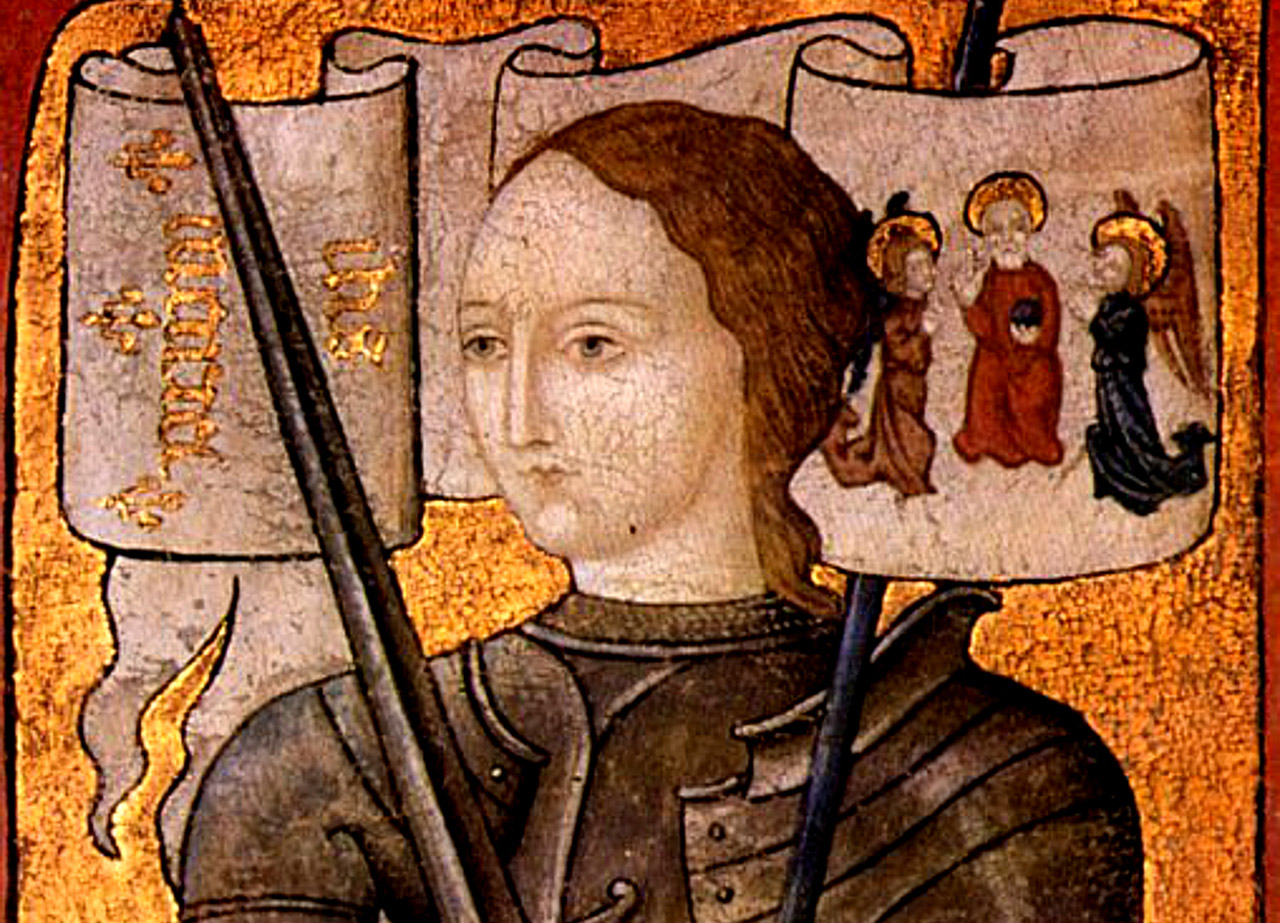 December 14, 2015
December 14, 2015
The Roundup: Medieval Women
Read More... December 9, 2015
December 9, 2015
Narrowing Wikipedia’s gender gap with NWSA
Read More...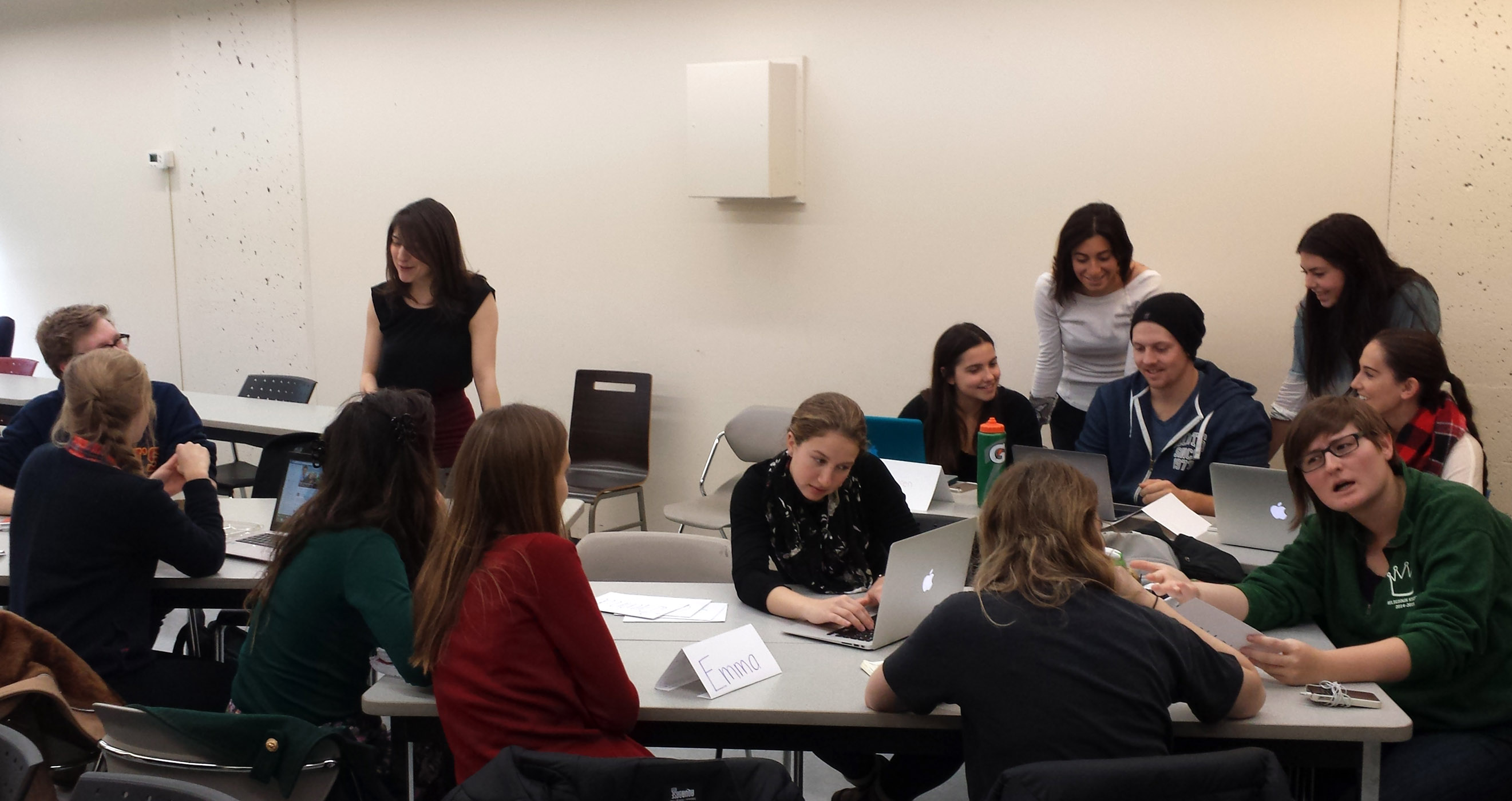 December 2, 2015
December 2, 2015
